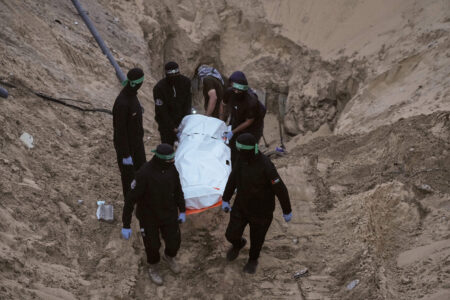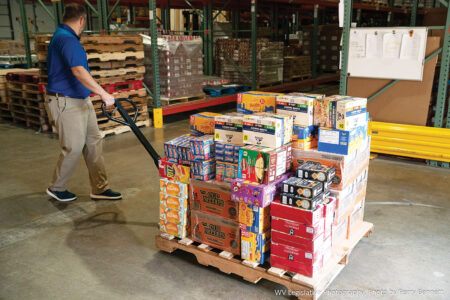West Virginia working on Medicaid unwinding ramifications

(Capitol Notes - Graphic Illustration/MetroCreative)
CHARLESTON — When the national COVID-19 public health emergency ends on April 1, that also could signal the end of Medicaid coverage for thousands in West Virginia. Emergency SNAP allotments are already gone. Officials for the state’s Department of Health and Human Resources and Bureau of Medical Services said Wednesday that both their organizations are working to make sure those in need can be taken care of. When the public health emergency was enacted at the beginning of the COVID pandemic, that barred states from booting anyone off their Medicaid rolls, even if they no longer were eligible. States also were able to boost their SNAP allotments. With that emergency’s end, states will return to pre-pandemic levels and procedures. Mainly, that means that states will return to checking everyone’s eligibility for Medicaid and that SNAP benefits again will be determined by a household’s income, assets, household size and other non-financial factors. During Gov. Jim Justice’s Wednesday virtual media briefing, Cindy Beane, commissioner for the West Virginia Bureau of Medical Services, said that because of the pandemic-time continuous enrollment, about 650,000 residents receive Medicaid. For those people to have a chance at retaining that benefit, Beane said the most important thing is for recipients to make sure their addresses are current in the system. “We have about 200,000 members that we have not received any information on in the last three years,” Beane said. “We are here today to tell you that when you receive your enrollment in the mail, there will be actions taken based on whether or not you return that to us. “The most important thing as a Medicaid member, please please update your address in the system,” she added. “So when you get your renewal letter, you’ll be able to respond and we’ll be able to re-enroll you into Medicaid.” As for SNAP benefit changes, Dr. Jeff Coben, West Virginia’s Interim DHHR Secretary, said the department has been at work to keep eligible residents fed. “Our Bureau for Family Assistance has been working on this intently over the course of the last couple of months along with (Beane’s) team at the Bureau for Medical Services,” he said. “There will be additional information coming out about assistance to families through the Bureau for Family Assistance and look for those communications in the very near future.” Beane added that the crossover between Medicaid and SNAP recipients help in the process. “A lot of individuals that qualify for SNAP are of course on our Medicaid rolls,” she said. “We have three managed care organizations. We’ve put in their contracts for all of them to address what is called the social determinants of health and one of those is food insecurities. So they actually work with our community providers, the food pantries, the different outlets with regards to getting farm fresh foods to our members.” Justice said that the state government will do whatever is needed to make sure that food insecurity doesn’t grow as a problem in West Virginia. “We just plain don’t need people going hungry in West Virginia,” he said. “And I think that’s the sentiment of the House and the Senate and all of us together. And so, so I look forward to getting those dollars in place and, and then as we go forward, whatever the project may be, if we need more, you know, I’ll surely ask for more. Because at the end of the day, I just can’t I can’t imagine, really and truly, that we need to have people really going hungry in West Virginia.”





